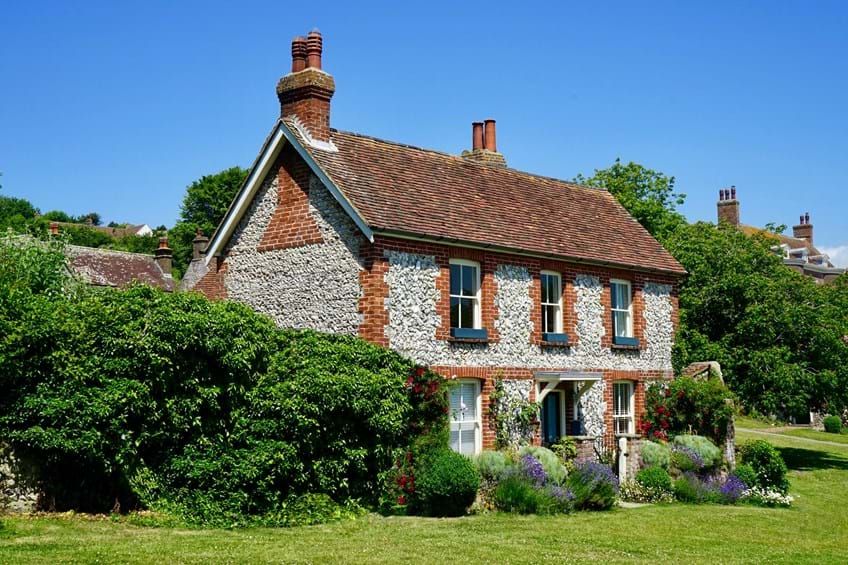I don’t want the State to take my Home!
23rd February 2011
I don’t want the State to take my Home!
This is something we hear on a regular basis but sadly it is not a straightforward matter
1. The actual position
- If you need to have long term residential care your financial position is assessed and unless you have less than £14,250 you will be required to make a contribution to the cost. If you have over £23,250 you will have to bear all the cost.
- If you own your own house the value of it is taken into account unless your spouse/civil partner (and in some cases other dependants) is still alive and living there.
- This usually means that the house is sold and to the extent that the residential home fees cannot be paid out of income, the capital from the sale of the house is used
- Normally you will receive a monthly bill so the capital is slowly used up. Some people mistakenly think the whole proceeds of sale are taken in the first place. This is NOT the case.
2. Will giving my house away prevent this?
The answer is only “perhaps”.
- When you fill in the assessment form you will be asked whether you have ever owned your own home and if so what has happened to it.
- Some local authorities will ignore the fact that you disposed of you house by gift provided it was some time before you go into residential care. That period varies; some use six months, most about two years , but some will disregard the gift however long ago it was made
- The real issue is whether the gift was made to avoid paying home fees; if so it will probably not work. If the house was given for other reasons – such as a farmhouse that is key to the business it should work.
3. Should I give away my house?
The answer in most cases is “no”.
- Your house is where you live and if you give it away all sorts of things could happen that mean you could lose your home. If the person you give your house to dies, divorces or gets into debt someone else will own your house and either may not be prepared to let you stay there or may have to sell it to raise cash.
- Some people try to use trusts to safeguard you in this situation but you need to remember that this can give rise to Income Tax (the pre-owned asset charge); Capital Gains Tax and/or Inheritance Tax issues.
- Such arrangements can become costly and given that the more complicated the arrangements the more suspicion the Local Authority will have, such costs may not be justified given that the gift may prove to be ineffective anyway.
- The pre-owned assets charge is a trap for the unwary – this is a complicated area on which you need advice.
- If you wish to move after having given your house away the person you gave it to may have to pay Capital Gains Tax on part of the proceeds as he/she is unlikely to have principal Private Residence exemption for Capital Gains Tax purposes – again an area where you need advice.
- Even if the house is not sold till you death there may well still be a Capital Gains Tax charge if the house is then sold. If you had continued to own it no Capital Gains Tax is payable.
- Remember it is not just the value of the house that is taken into account. If you have bank accounts or investments you could still fail to qualify for any state help and end up paying the fees and taking the risk of not owning your own home and the possible costs that result from that.
- In summary it may not work, it may be costly, it may have adverse tax consequences but above all it puts your house at risk.
4. Is it never a good idea?
There can be situations where either the risks are worth taking or there is time to plan for example
- An adult child still lives at home. Here there are risks that that child may lose his/her home and this might outweigh some of the other risks
- The house may be crucial to a business – such as a farmhouse – and selling it could cause real problems. Again this risk may outweigh the others
- One spouse may be unlikely to manage if left on his/her own. Making sure the house is in the name of the other and that that person’s will is made correctly could save much or all of the value of the house without undue risk
- If there are any reasons to suspect that you may need residential care for a considerable number of years this may justify taking some of the risks
Like so many areas “it all depends”. It is however an area where there are real and significant risks and the benefits are not always as clear cut as you might think. It may well be worth investigating but it is not a step that should be taken lightly and certainly not without a full understanding of the pitfalls. Many people have done it and lived to regret it.
If you want advice on this subject please contact one of our Wills, Probate and Trust Team as follows:-
On 01775 722261, or email jane.mawer@maplessolicitors.com,
faye.blair@maplessolicitors.com or jamie.dobbs@maplessolicitors.com



